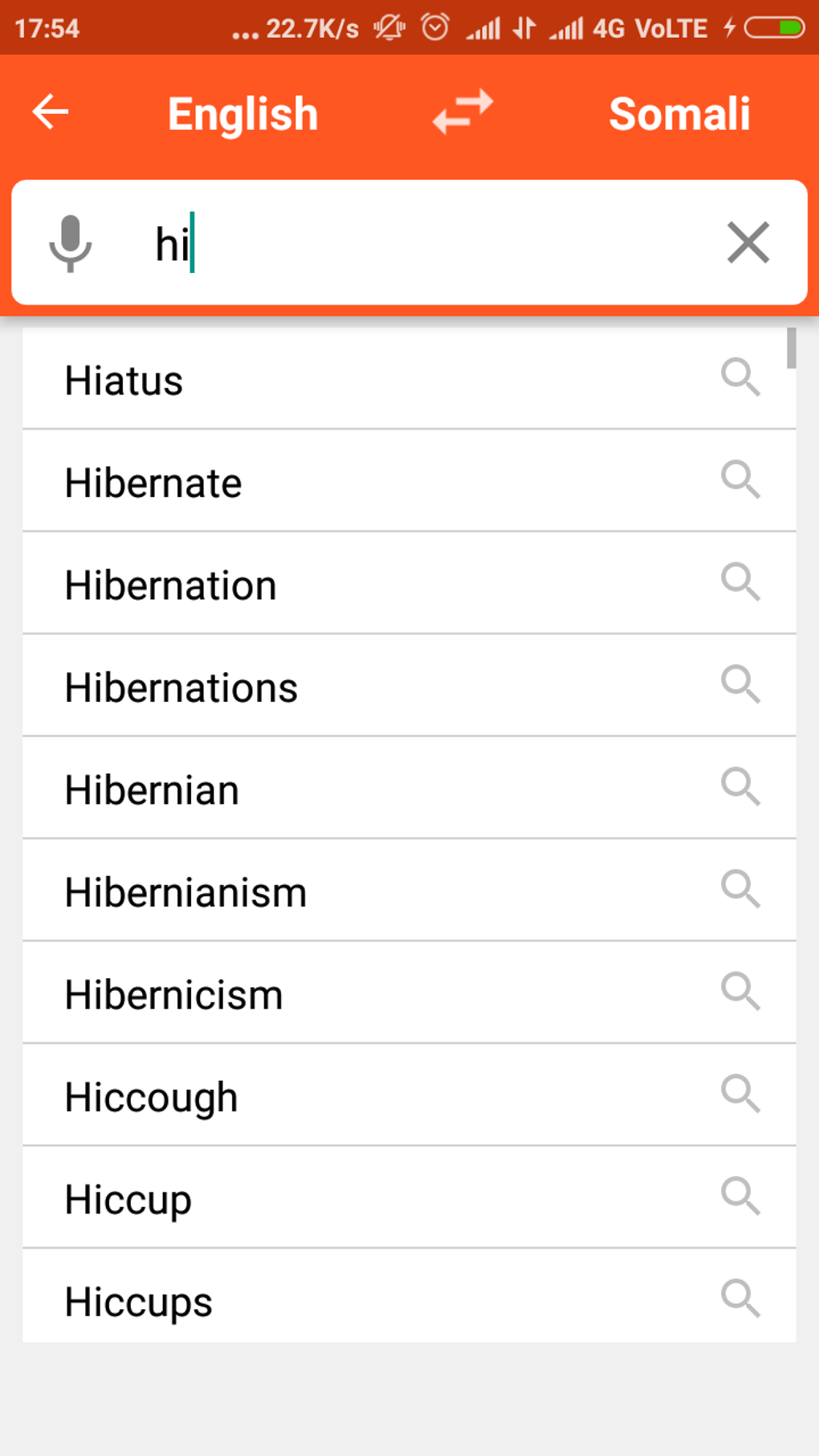Why has Somalia taken such drastic measures against digital platforms? A bold statement lies in the fact that these actions are not merely about regulating content but reflect a deeper struggle for control over information and its influence on society. The decision to ban TikTok, Telegram, and 1XBet signals an attempt by the Somali government to combat both moral degradation and security threats posed by these platforms.
Somalia's recent move to restrict access to popular applications like TikTok and Telegram has sparked widespread debate within the country and beyond. Officials argue that indecent material and extremist propaganda have been rampant on these platforms, undermining public order and national stability. This action comes amid growing concerns over how modern technology can be exploited by insurgent groups such as Al-Shabaab, which have long utilized social media for recruitment and operational purposes. Furthermore, financial struggles faced by individuals like Johnny Somali highlight the broader economic implications of restricted internet access, particularly for those reliant on digital communication for business or personal transactions.
| Personal Information | Details |
|---|---|
| Name | Johnny Somali |
| Date of Birth | Not disclosed |
| Nationality | Somali |
| Career | Musician, Social Media Influencer |
| Professional Affiliation | Independent Artist |
| Current Status | Facing financial difficulties due to legal issues |
| Reference Link | U.S. Department of State |
The Khartoum truce agreement was established to foster peace and cooperation between conflicting parties. However, violations through Somali propaganda broadcasts have threatened this fragile harmony. Telegram message 336 sent to Mogadiscio underscored the urgency of addressing breaches that could escalate tensions further. Such communications reveal the complexities involved in maintaining diplomatic relations amidst technological advancements that facilitate rapid dissemination of information—both constructive and destructive.
In light of these developments, questions arise regarding the effectiveness of bans as tools for governance. While they may temporarily curb unwanted activities, they also risk alienating citizens who depend heavily on unrestricted internet access for education, commerce, and social interaction. Moreover, the simultaneous prohibition of multiple platforms raises suspicions about underlying motives. For instance, why target specific services rather than implementing comprehensive regulations aimed at safeguarding cyberspace without compromising freedom of expression?
Al-Shabaab remains a significant threat to regional security, leveraging digital channels to expand their reach and impact. Their presence on banned platforms demonstrates adaptability in utilizing available resources to achieve strategic objectives. Consequently, efforts to curtail their influence must go beyond mere restrictions; they require innovative solutions that address root causes while fostering resilience among vulnerable populations susceptible to radicalization.
As debates continue around the implications of Somalia's digital policy shift, stakeholders emphasize the importance of balancing regulation with innovation. Policymakers face the daunting task of ensuring safety without stifling progress—a challenge mirrored across many nations grappling with similar dilemmas. In this context, transparency becomes paramount: explaining rationales behind decisions, engaging communities in dialogue, and exploring alternative approaches that prioritize inclusivity and empowerment.
Meanwhile, users affected by the bans express mixed reactions. Some applaud measures intended to protect societal values, whereas others lament loss of opportunities afforded by unrestricted connectivity. Amidst uncertainty surrounding future adjustments to current policies, one thing remains clear: navigating the intersection of technology, governance, and culture demands nuanced understanding and collaborative effort from all quarters involved.
For reference, additional insights into historical documents related to Somali affairs can be found via authentic sources linked earlier. These materials provide valuable context for assessing contemporary challenges and potential pathways forward in managing complex relationships shaped by evolving technological landscapes.




